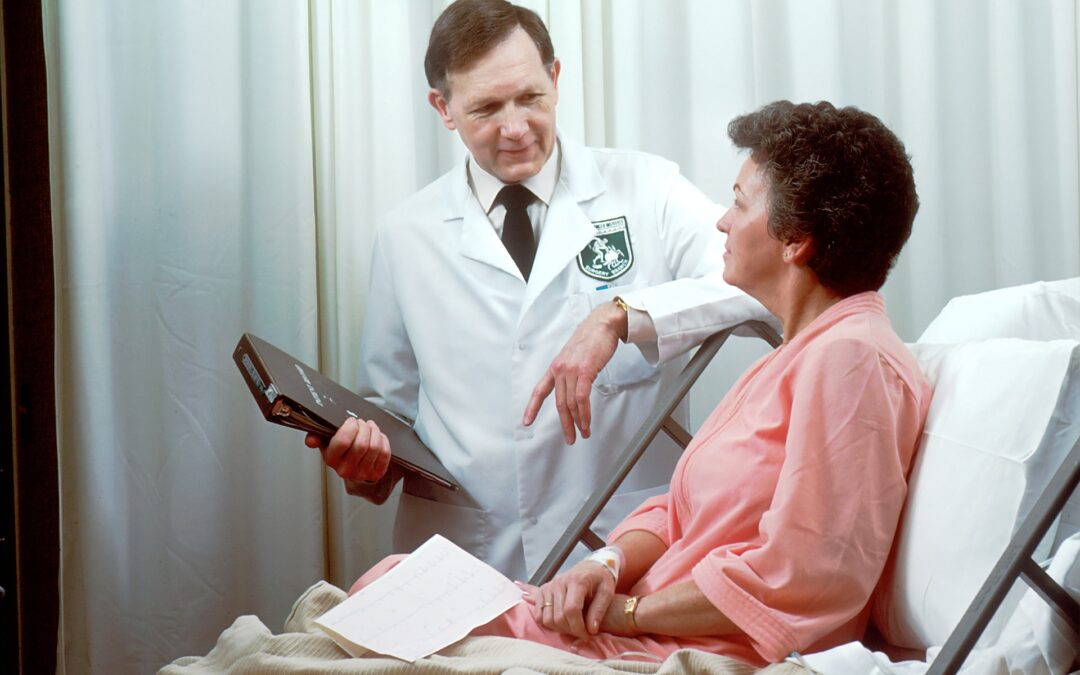Cancer screening helps detect the disease early before symptoms appear when the chance of cure is the highest. Screening can detect evident cancers and those in the earliest stages of development.
Whether you think you have an illness or you believe you are on top of your health, it is still best to have these tests once in a while to ensure you catch anything wrong before it begins causing trouble. In this article, we’ll discuss what
Understanding Cancer Screening
Many people have no symptoms and still get cancer, which is why cancer screenings are essential. Cancer screening includes blood testing, fecal occult blood testing, breast exams, and self-breast exams. Mammograms and pap smears are also some tests crucial in the early detection of cancer.
If you have symptoms or a history of cancer in your family, ask your doctor or a referral specialist about screenings. You can also check out the American Cancer Society or the American Society of Clinical Oncology websites to get helpful information. Make sure you also check with your insurance provider to see what they can cover.
The Kinds of Screening Tests Included
There are many types of cancers, and the screening methods may differ depending on the parts of your body being examined. Here are some types of tests you might encounter:
- Physical Exam and History: The patient’s clinical and family history and physical exam are essential in determining whether an individual has a high likelihood of cancer. For example, heavy drinkers are more likely to get esophageal cancer. Also, patients who have a clinical or family history of lung cancer are more likely to develop lung cancer in the future.
- Laboratory Tests: Tests that examine blood and blood cells can help in the early detection of cancer. The most commonly used blood test is the CBC (Complete Blood Count). This test measures the number of red blood cells, white blood cells, and platelets in the blood. When certain kinds of cancer are present in the body, the blood and blood cells are affected. For example, uterine cancer can affect the blood count and make it difficult to diagnose.
- Genetic Test: Some cancers are hereditary, such as breast cancer and colon cancer. Doctors can tell which family members are at a higher risk of getting this kind of cancer with genetic tests. They can then suggest a better screening schedule and any other preventative measures. It is important to realize that cancer screening is not just for the patient but also for the patient’s family.
Why Prevention Is the Best Part of Health Care
Many people say that cancer screening is a waste of time because it does not guarantee that certain cancer will not appear in a person’s lifetime. However, the fact is that most of the time, cancer screening can make a difference. Screenings can detect cancers at an early stage when the chance of survival is the highest, and the patient can still fight their condition.
Conclusion
Taking care of one’s health is important. That includes undergoing medical wellness exams and chronic medical care and management. Regardless of how you feel about your health, getting regular health tests like annual physical examination and cancer screening can assist in the early detection and prevention of illnesses. To sum up, getting regular health screenings is vital to a long and healthy life.
At Family Medicine and Wellness, we believe that health and wellness are essential for well-being. Should you need wellness sessions, medical wellness exams, or primary medical care in Michigan, we have you covered. Schedule an appointment today.



Recent Comments